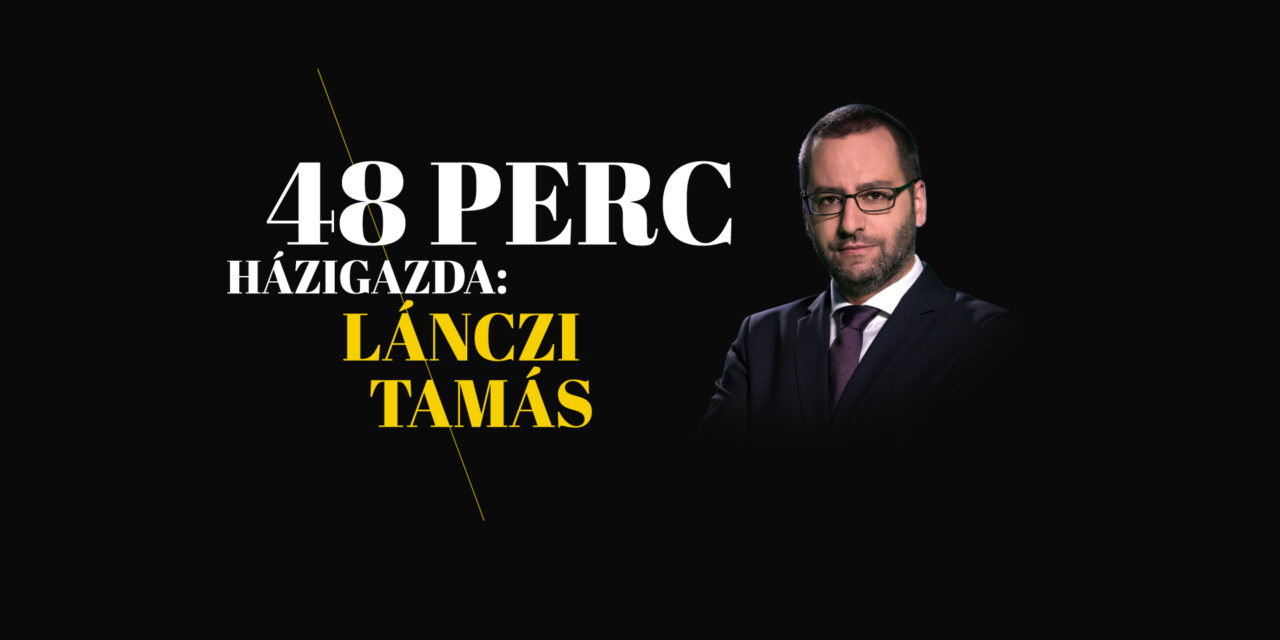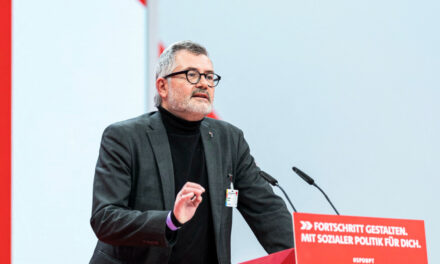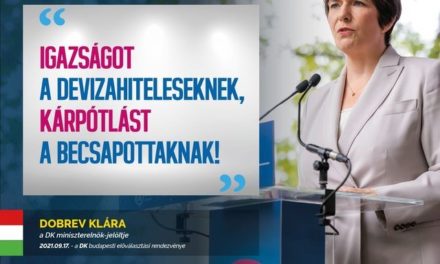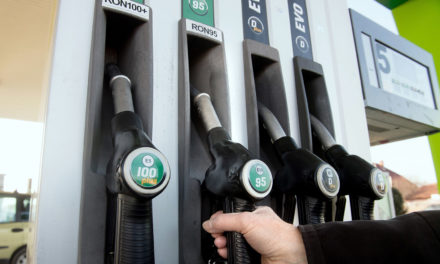The sanctions policy of the European Union was evaluated by András Hont, journalist of Átlátszó, political scientist Zoltán Kiszelly, director of the Center for Political Analysis of Századvég, intellectual historian Gábor Megadja and lawyer András Schiffer in the joint news background program of M1 and hirado.hu, 48 min - Host: Tamás Lánczi. in the show.
According to hirado.hu's summary, Tamás Lánczi recalled that the European Commission (EC) published a "victory report" before Christmas on the punitive measures introduced against Russia, and then at the beginning of the new year, liberal Belgian representative Guy Verhofstadt already posted on Twitter that the nine none of the sanctions packages work. Tamás Lánczi emphasized that Guy Verhofstadt nevertheless came to the conclusion that the failure of the sanctions policy can be changed with all-encompassing restrictions.
As written, Zoltán Kiszelly recalled that according to the table published by the Belgian politician, the vast majority of EU member states traded more with Russia in 2022 than a year earlier. At the same time, the political scientist pointed out that the larger Asian states are passing on cheaply purchased Russian energy carriers to Europe, and Turkey has also become a beneficiary of the upset economic conditions.
András Schiffer stated that, regrettably, Western states do not use sanctions to force peace negotiations - it was revealed in his coverage, which continued that, according to the lawyer's view, the interests of large companies are behind the decisions of the union.
András Schiffer also said that the military industry, "including the American military industry, benefits the most" from the current situation. According to him, in addition, companies interested in the transport of LNG can also influence the EU institutions. Schiffer emphasized that it is clear that the sanctions do not serve the interests of Europe, and culturally it is not possible to separate the continent from Russia.
According to the article, András Hont spoke about the fact that the Russian-Ukrainian conflict lies on the borderline of "the institutionalized West". According to him, two narratives dominate in the Western world: to divide the world into moral and immoral, and on the other hand to guarantee security without "getting their hands dirty".
According to Gábor Magadja, Brussels politicians do not draw the logical conclusion from the facts.
Zoltán Kiszelly believed that both sides were interested in the continuation of the war, that the conditions for concluding peace and the convergence of the interests of the parties "do not appear at all" these days. According to András Hont, the conflict may drag on for many years, and a collision zone may develop between political and power structures representing two opposite sides of the world. And Gábor Magadja reminded us that the West has already supported extreme nationalist military organizations against the Soviet Union, so it is not surprising that in the Russian-Ukrainian war, for example, it also supports the extreme Azov regiment. At the same time, Gábor Magadja pointed out that although NATO is not legally involved in the war in Ukraine, de facto, i.e. actively, it is already "up to the elbows in it", as he put it.
Source and full article: velvidek.ma/MTI
Featured image: MTI/MTVA












